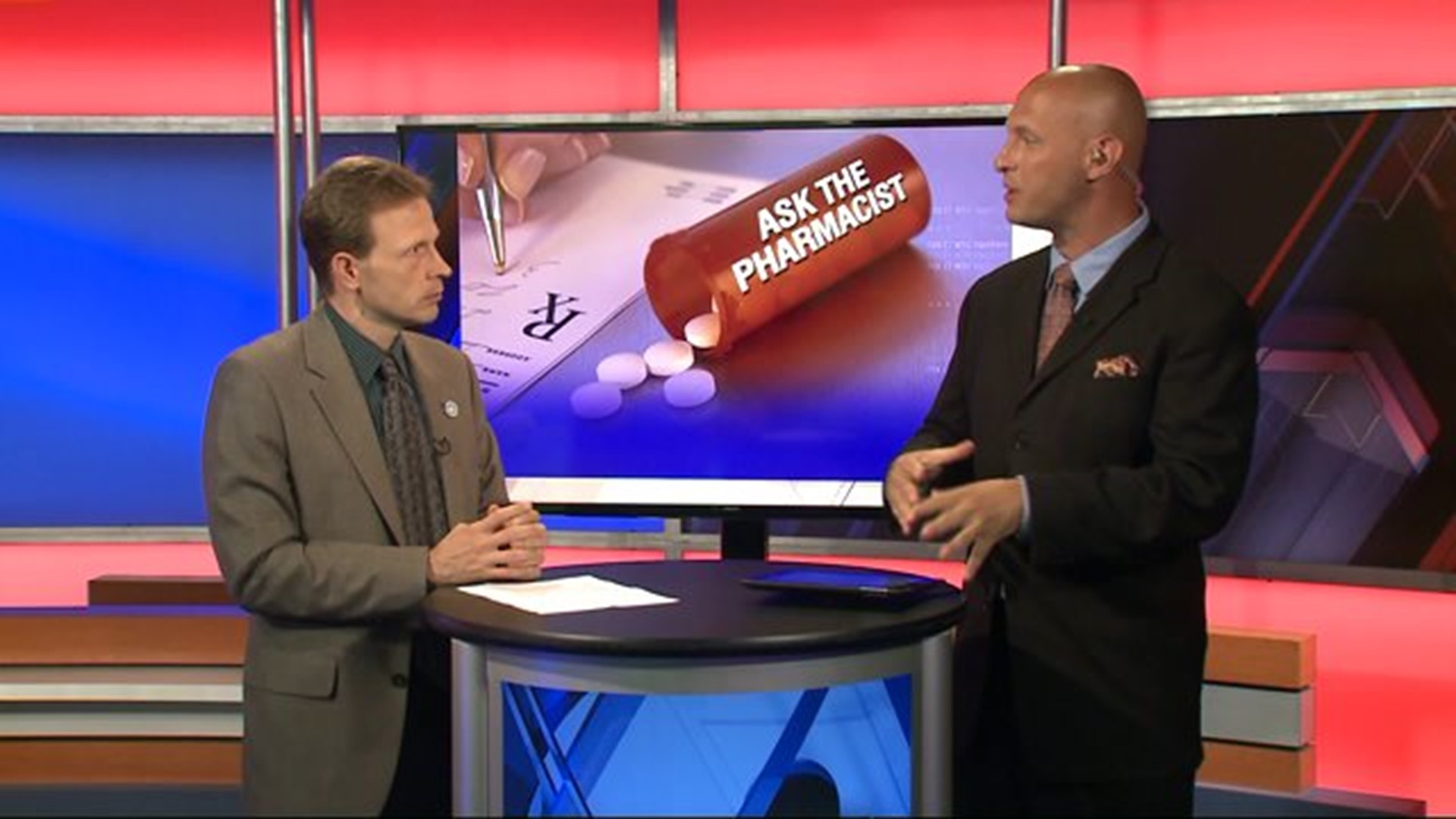Dr. Michael White runs an Evidence-based Practice Center funded by the Agency for Healthcare Research and Quality and is here to describe the work that the agency conducts and its value to the healthcare system.
There are 13 Evidence-based Practice Centers designated and funded by the Agency for Healthcare Research and Quality. Aside from ours at UCONN they have them in places like Brown, John’s Hopkins, Duke, and Vanderbilt. We help healthcare decision makers, clinicians, payors, and patients make quality decisions by assessing the studies comparing treatment options and determining which options are more effective and safer than others, rate the strength of evidence, and determine which populations the research was conducted in and which populations were left out. Without this information it hard to make rational therapy choices.
One of the projects we completed looked at the use of human growth hormone therapy in children with cystic fibrosis. Payors were reluctant to pay for an expensive drug just to help these children with cystic fibrosis grow taller but when we put all the available evidence together we found that it also reduced the risk of hospitalizations due to infections. If the kids were more normal sized their lungs were bigger and regular lung infections were less likely to drive them into the hospital. Many payors now provide this coverage for patients. In another project, we looked at the impact of blood transfusions on the risk of organ rejection in people getting kidney transplants. Some clinicians were pressuring Medicare to cover a very expensive drug called erythropoietin instead of blood transfusions because they said transfusions might increase the risk of organ rejection. We found that the data was generally weak for making any clear determination and if anything, the evidence suggested that transfusions had no effect on organ rejection rates. Only an unbiased and scientifically rigorous outside group can make these determinations and that is what the Evidence-based Practice Centers do.
Rosa DeLauro has been a strong supporter of funding for the Agency for Healthcare Research and Quality saying that cuts to the program is “penny wise and pound foolish.”
Without this information it is difficult to have sensible discussions about which options are best for patients and which patients will benefit the most. The medical literature is so large that it is impossible for a single doctor or patient with the disease to keep up and have the best quality care. There are large negative financial implications of cutting funding for the Agency for Healthcare Research and Quality but this transcends dollars and cents and goes to supporting optimal care for patients.
Michael White; Dept. Of Pharmacy Practice, UConn School of Pharmacy

